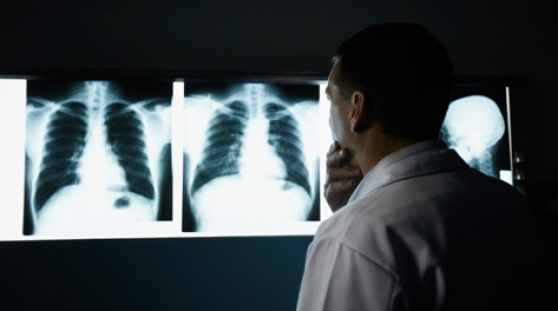Cataracts Health Center
Table of Contents

A comprehensive eye exam can detect cataracts and the possible development and progression of cataracts. If you believe you have symptoms of cataracts, schedule an eye exam with your eye doctor or other health care professional.
Your doctor may perform a visual acuity test, which involves an eye chart test that can calculate how well you are able to see at various distances. A tonometry eye instrument might also be used to measure pressure within the eye.
A dilated eye exam is another test your doctor may run. This test is the concentrated dilation (widening) of the pupils. Drops are placed within the eye to widen the pupils. Then, the eye doctor will use a special magnifying lens to examine your retina and optic nerve for signs of damage or other issues that could be negatively impacting your vision. After this eye exam, your close-up vision may remain blurred for several hours. If you are scheduled for this type of eye exam, make sure you have someone to take you home and take care of you.
Your doctor may also perform other eye tests to learn more about the overall structure and health of your eyes. Make sure to tell your doctor about your symptoms and the medical history of your eye, such as changing prescriptions and a timeline of cataract symptoms.
